September 19, 2024
Two thirds of people struggle to disconnect from work
 A new poll claims that two-thirds of workers feel powerless to disconnect from work to fully manage the blurred boundaries between work and life, leading to stress, burnout, and anxiety. On average, this results in five days of sick leave per employee each year. The UK government’s planned ‘Right to Switch Off’ for employees is just the beginning for organisations aiming to tackle the negative effects of ‘unboundaried’ work on both businesses and employees. According to the report titled The Work-Life Boundary Gap – Why it Matters and How to Fix it [registration], published by Protime UK, work-life balance is critical for overall wellbeing. The report, based on a survey of 2,000 UK employees, found that 93 percent of respondents believe maintaining this balance is vital. However, 67 percent of employees feel they are unable to fully switch off or maintain their own work-life boundaries. (more…)
A new poll claims that two-thirds of workers feel powerless to disconnect from work to fully manage the blurred boundaries between work and life, leading to stress, burnout, and anxiety. On average, this results in five days of sick leave per employee each year. The UK government’s planned ‘Right to Switch Off’ for employees is just the beginning for organisations aiming to tackle the negative effects of ‘unboundaried’ work on both businesses and employees. According to the report titled The Work-Life Boundary Gap – Why it Matters and How to Fix it [registration], published by Protime UK, work-life balance is critical for overall wellbeing. The report, based on a survey of 2,000 UK employees, found that 93 percent of respondents believe maintaining this balance is vital. However, 67 percent of employees feel they are unable to fully switch off or maintain their own work-life boundaries. (more…)









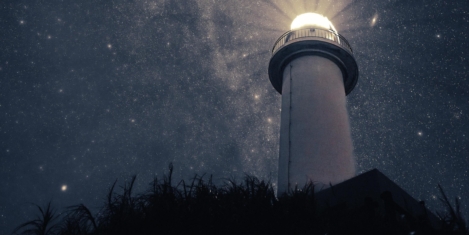

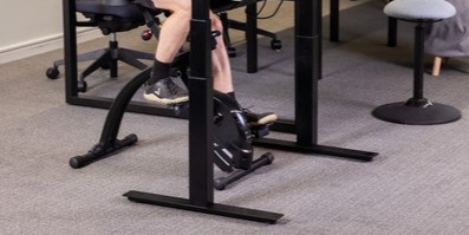
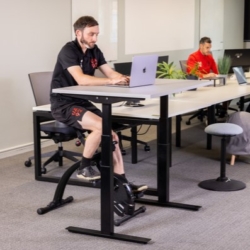


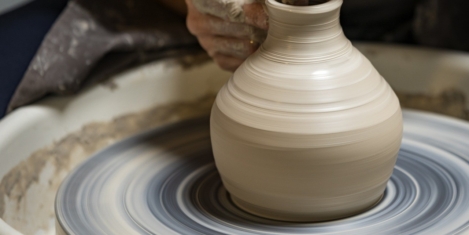



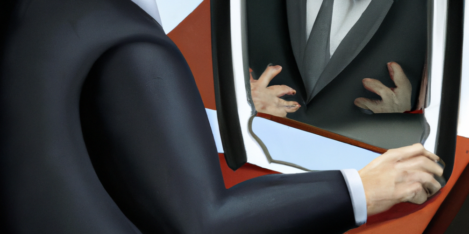
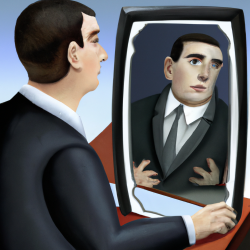




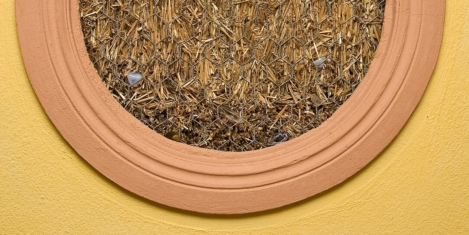










September 18, 2024
You get what you give at the CoreNet Global Summit 2024 in Berlin
by Jo Sutherland • Comment, Facilities management, Property, Wellbeing